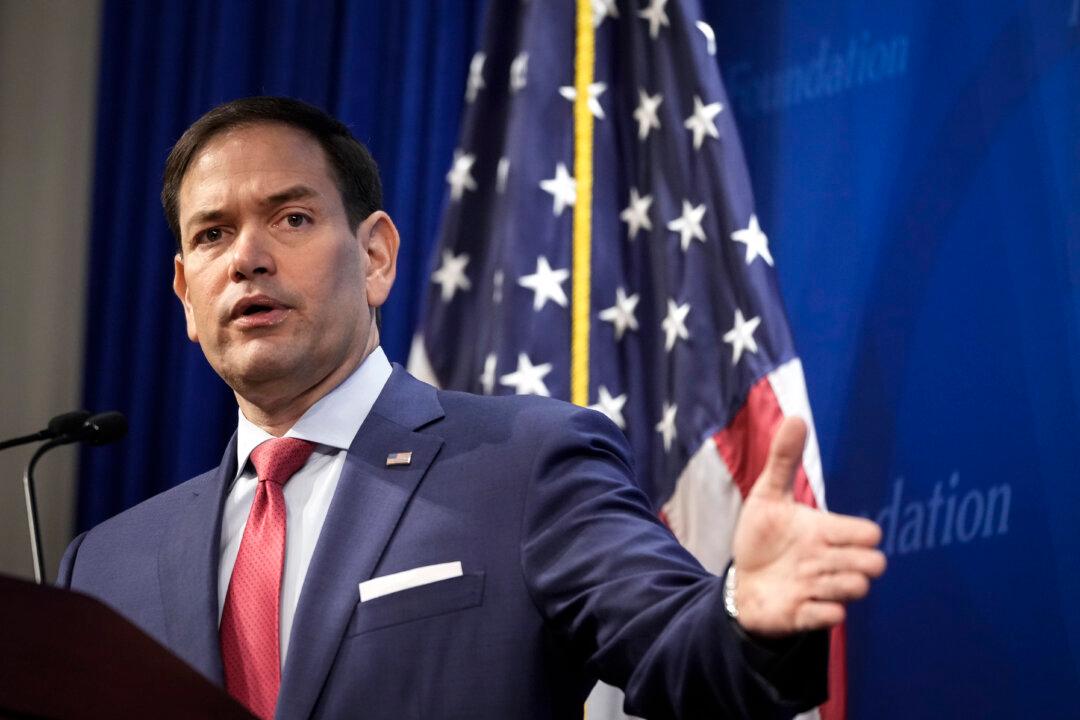Senator Marco Rubio (R-Fla.) was one of four U.S. lawmakers targeted by the Chinese regime’s retaliatory sanctions two years ago. And the pressure from Beijing hasn’t eased since.
Data analytics from the past few months showed a sharp rise in attacks from Chinese media outlets and social media targeting the senator, who has been at the forefront of calling out threats from communist China.





